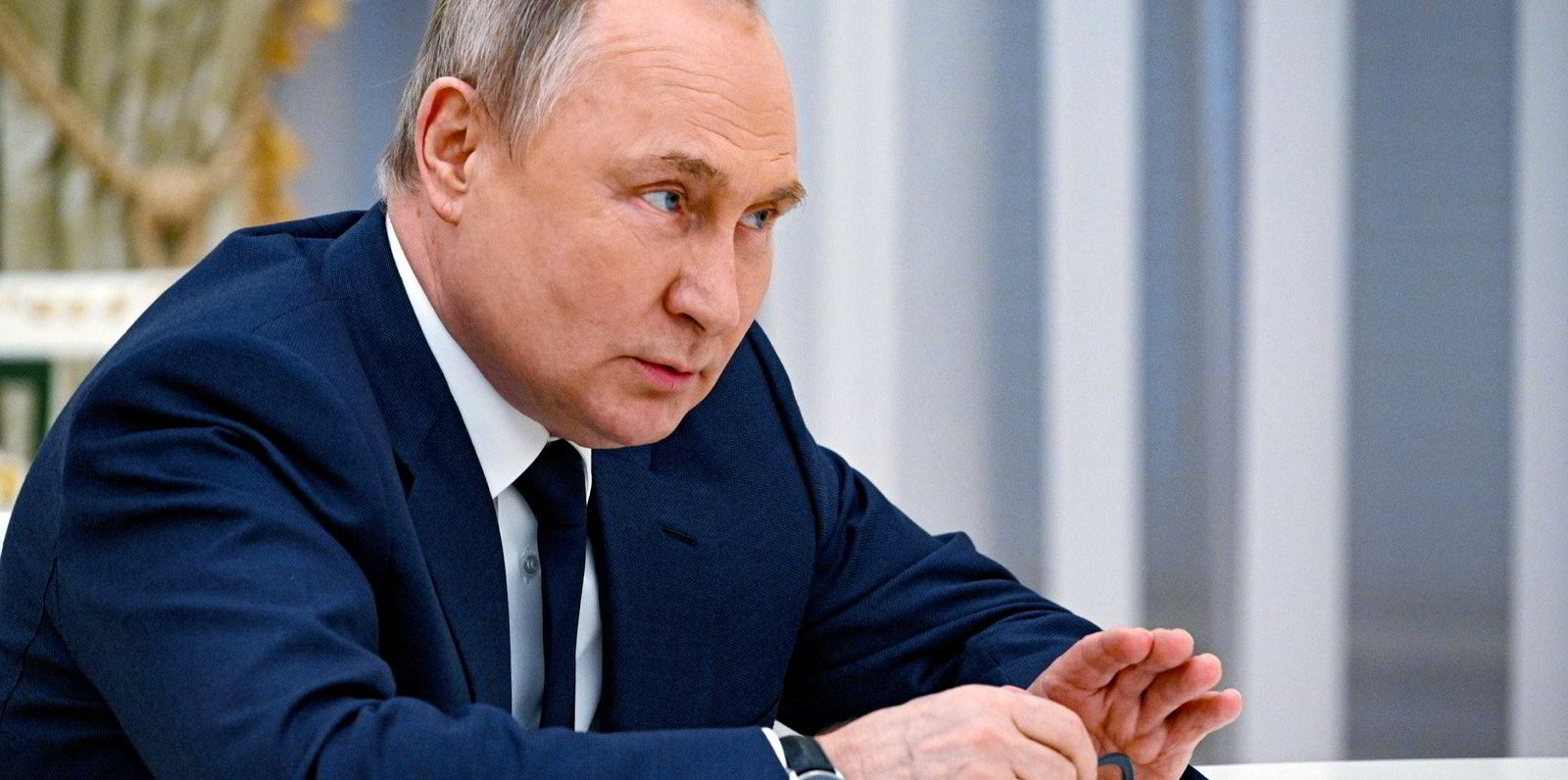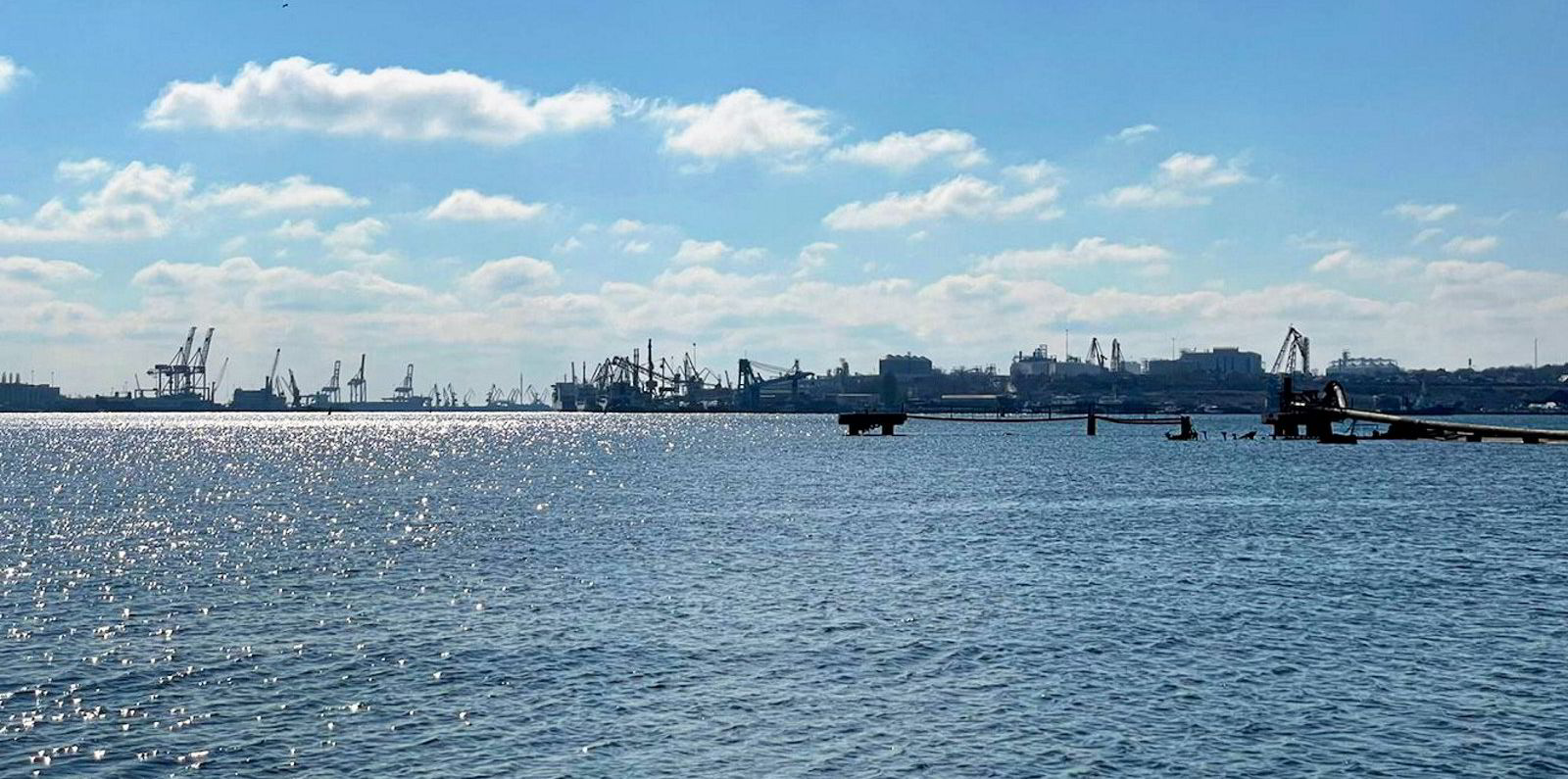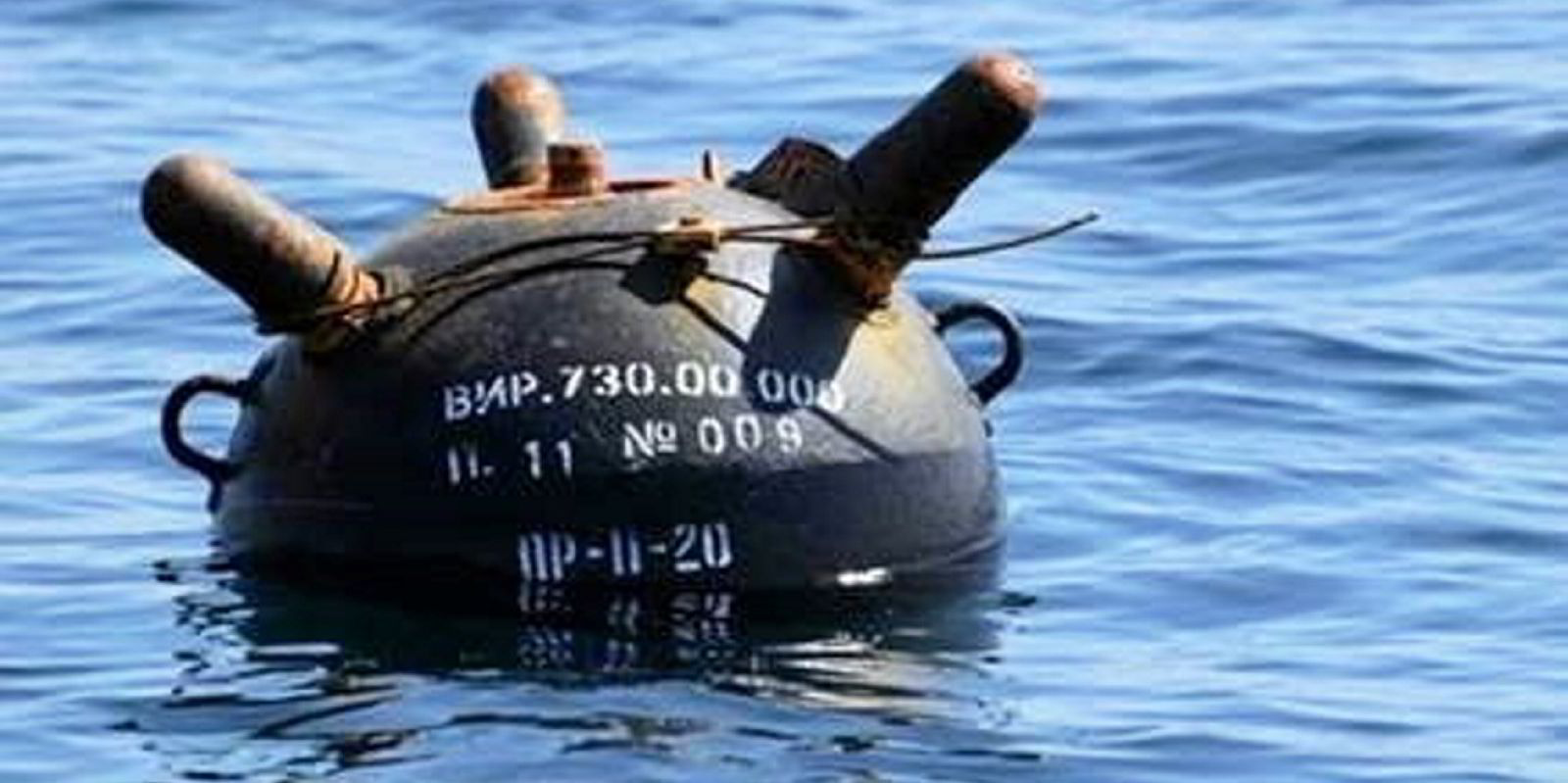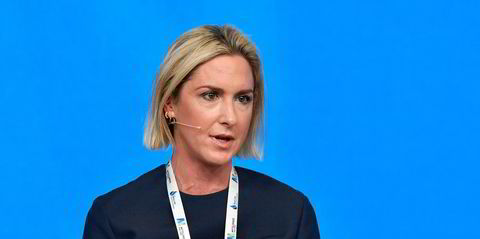Ships carrying Ukraine grain exports could face significant threats, maritime security specialist Dryad Global warns.
The first shipments were expected to leave the port of Chernomorsk on Wednesday following last week’s agreement between Russia and Ukraine, brokered through Turkey and the United Nations.
The initial cargoes are likely to be handled by Ukrainian national vessels, with commercial shipping stepping in later when arrangements are in place, Dryad said.
It cautioned that the risks of such deals collapsing are usually highest in the first few weeks.
But it added that shipping will also face persistent threats for the duration of the agreement.
Dryad said Russia has a history of attacking ships in the Black Sea. Attacks could also result from a miscalculation from a weakened and ill-disciplined Russian military command and control.
“The treaty is meant to protect the escort vessels, so an attack on escort vessels is unlikely, but a strike by Russian missiles cannot be ruled out in the event that Russia loses faith in the initiative,” said Dryad analyst Cameron Watson.
“It is crucial that Turkey and the UN devise mechanisms to continually reassert Russian commitment to the initiative and its guarantees of safety, rather than assuming Russian compliance through participation.”
A strike by Russian missiles cannot be ruled out in the event that Russia loses faith in the initiative
— Dryad analyst Cameron Watson
The agreement, which also covers Russian fertiliser exports, was reached on 22 July but was followed the next day by a missile attack on the Ukrainian port of Odesa.
Watson said the attack “demonstrates the fragility of the initiative and the need for the mutual guarantees of safety and security to enable the initiative to proceed”.
The parties have agreed not to attack any civilian vessels operating under the agreement. But Odesa continues to be a high-risk area as a major Ukrainian navy port.
A safety zone has also been set up along the Black Sea ports of Odesa, Chernomorsk and Yuzhne.
A Joint Cooperation Centre (JCC) to manage and monitor the shipments has been established in Istanbul. It will include representatives from Ukraine, Turkey, Russia and the UN.
Dryad said merchant vessels will be required to register with the JCC to verify their details and confirm the loading port.
The centre will remotely monitor vessels throughout their passage through the maritime humanitarian corridor.
No military vessels or aircraft or drones may approach the humanitarian corridor closer than a distance agreed by the JCC without authorisation, Dryad said.
Escort vessels, which will monitor the operation, could also carry out demining operations to remove the threat.
Despite the threat of a Russian attack, Dryad pointed out that President Vladimir Putin also has an interest in making the agreement a success.
He has promised allies in Asia and Africa to reduce pressure on food prices. However, Dryad said there is still a lot of uncertainty over how Moscow will act.
“Whilst there are strong reasons for Russia to act strictly within the bounds of their agreement with Turkey and prevent any attacks on grain terminals and ships, this conflict has repeatedly demonstrated the importance of never assuming Russia will behave within the bounds of reason,” Watson said.






